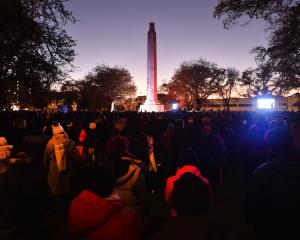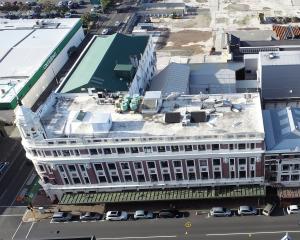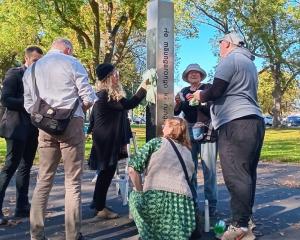Harvesting of the Mt Allan forestry block will begin in November, with roading construction under way.
Wenita Forest Products' chief executive, Rodger Hancock, said much work had gone into roading, and rejected a call to reconsider the rail option to cart logs to Dunedin.
Mr Hancock said the company was building roads in the forestry block, including one large road through the block.
The Mt Allan block had been planted back to front, so the more mature trees, which had to be felled first, were at the back of the plantation.
The main road therefore had to go to the back of the block. He declined to state the cost of road construction.
The harvest of 5000ha of trees meant the road had to be particularly robust.
Mr Hancock said if everything went to plan, harvesting would begin at the end of November.
At this stage, the company was not looking at any hiring any more workers.
The harvest could take between eight and 10 years, although that depended on market conditions and shipping availability.
The logs would be taken to a single processing station at the edge of the forest and then cut to size there.
Harvesting logs into different sizes is usually done by crews close to where the tree is felled, but Mr Hancock said the transportation of logs to one single processing site was favoured for this site.
Wenita would cart the logs out by road after a venture to take the logs by rail failed last year.
Taieri Gorge Railway chief executive Murray Bond told the Otago Daily Times this weekthe rail option was now cheaper, and it was never too late to consider the rail option.
Mr Bond said with the increase in the price of diesel during recent months, rail was now a cheaper option than road.
The rail option was rejected last year, with a $5 million difference between the cost of road and rail.
Mr Bond said rail was a viable alternative but needed a financial contribution by the Government.
But Mr Hancock said the company would not be considering the rail option.
Roads were being constructed for the project.
He said the rail option did not stack up economically as there were daily fixed rail costs, as rail track owner Ontrack wanted to charge for use of the lines every day of the year, Other forest operators were not keen to use rail which did not help economics of scale.












